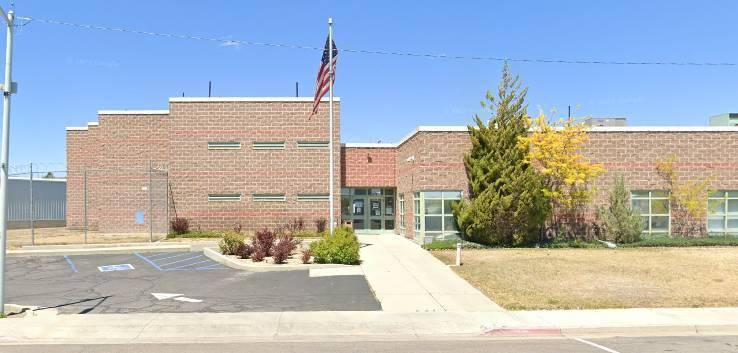Deanna Fulcher, who worked at Operation Recovery beginning when they only had 20 patients in 2018, continued working with the operation until she departed in 2021. Fulcher explained that it is a Medication Assisted Treatment (MAT) program and is for substance use disorder.
The program began under the umbrella of Project Reality, which had clinics in Murray and Salt Lake City. Following licensing, Operation Recovery was able to become an independent entity and was absorbed into Four Corners Community Behavioral Health.
Operation Recovery developed an alliance with the Carbon County Sheriff’s Office and the jail’s medical provider. The nurses were permitted to take medication to the jail to give doses to the clients that were having to serve time, often for previous warrants.
“They were active in their medical recovery and taking prescribed medication that was not available in the jail other than it being provided to them by the OR staff on a daily basis,” Fulcher explained. “If they did not receive their daily dose, they would go into withdrawal, which is not only unpleasant, but can be harmful and have serious effects up to and including death, which has happened here in Utah in at least one correctional facility due to this withdrawal process.”
Occasionally, the Operation Recovery patients would be required to serve time in other facilities and were not able to continue their dosing as they could at the Carbon County Jail. Fulcher stated this was a very difficult process for both the patients and the nurses to witness.
She explained that the Mental Health Parity and Addiction Equity Act of 2008 requires most health plans or health insurers that offer coverage for mental health conditions or substance use disorders to make the benefits comparable to those that are offered for medical and surgical benefits.
The law was not being followed in some of the correctional facilities in the state of Utah, which is why Fulcher began working with Representative Christine Watkins on passing House Bill 111.
Rep. Watkins stated that getting the bill passed through legislature took two years due to the bill not being protected during the first year that she filed it. The bill stated that any county jail that did not participate in a medically assisted program that had someone in their jail had to let a nurse in to keep this person on their program.
Rep. Watkins explained that most of the individuals end up back in jail because they had a warrant that they had forgotten about, or another very simple reason, and they would likely not be in the jail for long but did not want to go through withdrawals or fall off of the program.
According to Rep. Watkins, the sheriffs were not in favor of the bill. It was presented in committee but was held until the last session. She met with a contingency of sheriffs and in that time, she discovered that there are a lot of areas, especially urban, that already participate in a program such as Operation Recovery.
When the bill passed, it stated that if an individual is in a jail that does not participate in any kind of drug assisted treatment program, it is required that a medical professional is allowed to enter the jail and assist.
For those that are incarcerated for more than a year, the jail has the right to switch what drugs they are taking and they come out of the program. Rep. Watkins stated that Carbon County, for a rural jail, is doing it really well. All of the state agencies that work in this area supported the bill and there is funding available for those that may need it.

